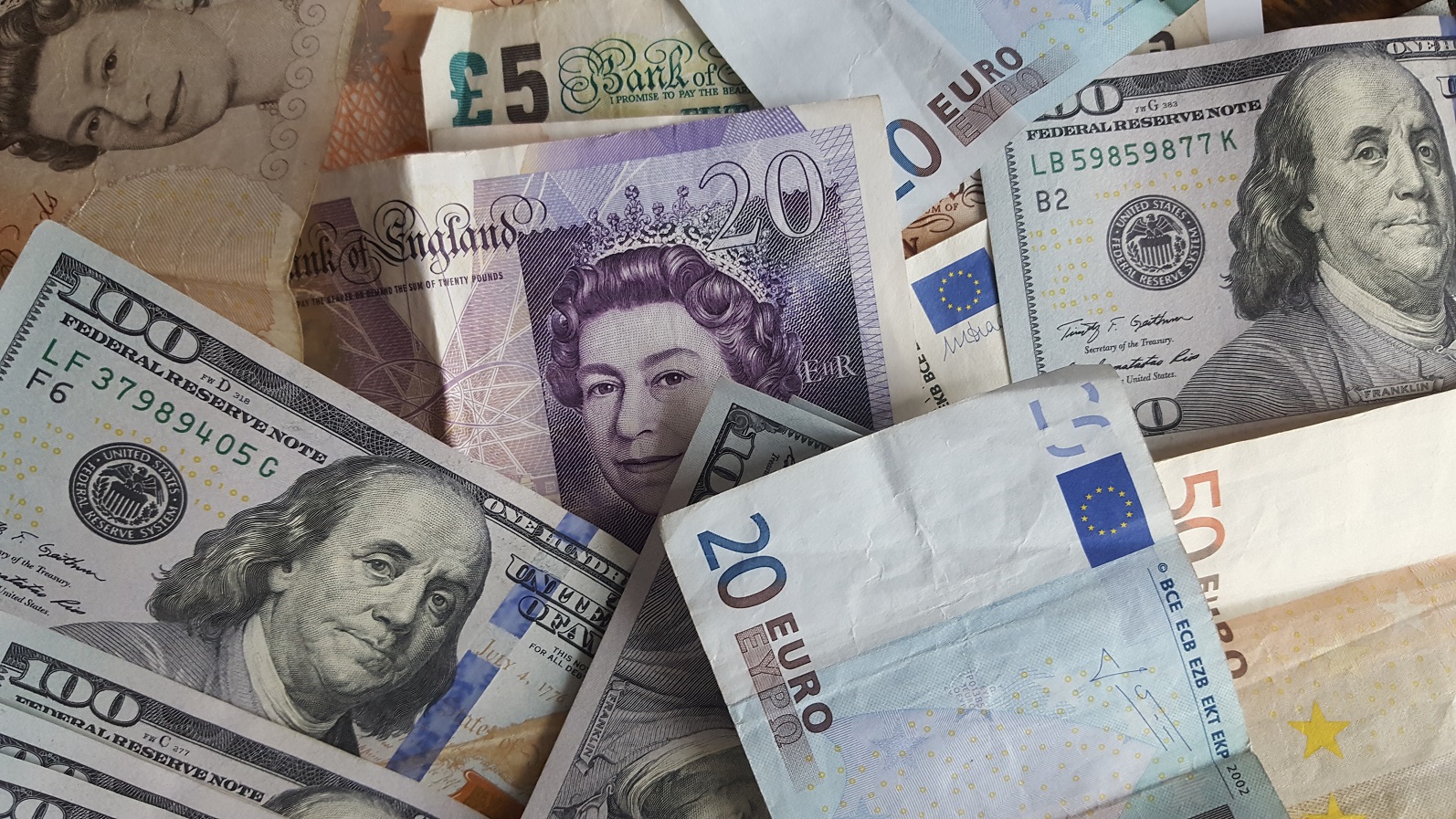Tripoli, 17 July
Aman Bank has been removed from the NTC blacklist and escaped the danger of being taken over and administered . . .[restrict]by the state.
Sources at the bank say that the management had argued successfully with the government on two grounds. The first was that the bank, a joint venture which is 40 percent owned by Portugal’s Banco Espirito Santo (BES), had not been been an associate of the Qaddafi regime nor had it been a business entity that was “inextricably linked” to it. The government accepted that Aman Bank had not been involved in any questionable activities.
The second part of the Aman’s case was that the amended black list issued at the beginning of June, applied to named individuals only.
The bank had been among 78 companies which with the names of 260 individuals, had made up the original black list issued under Law 37. The new list was supposed to comprise only individuals. Therefore the bank put the case that it should not, by rights, be on the list at all.
It is understood that government representatives also accepted that a sequestration of Aman Bank would send a bad signal to foreign investors who, in the wake of the elections, are now closely studying opportunities here and are already starting to conduct due diligence exercises.
The seizure of Aman Bank would have been the more controversial because the Portuguese partner exercises management control of the bank, despite holding only 40 percent of the capital. This it acquired in April 2009 for a total investment (including new capital) of €39.8 million. The remaining equity in the bank is held by several private investors. BES is entitled to nominate the majority of the board of directors, as well as the chief executive officer and main middle management.
One other financial institution, Al Wafa Bank remains on the black list. [/restrict]









